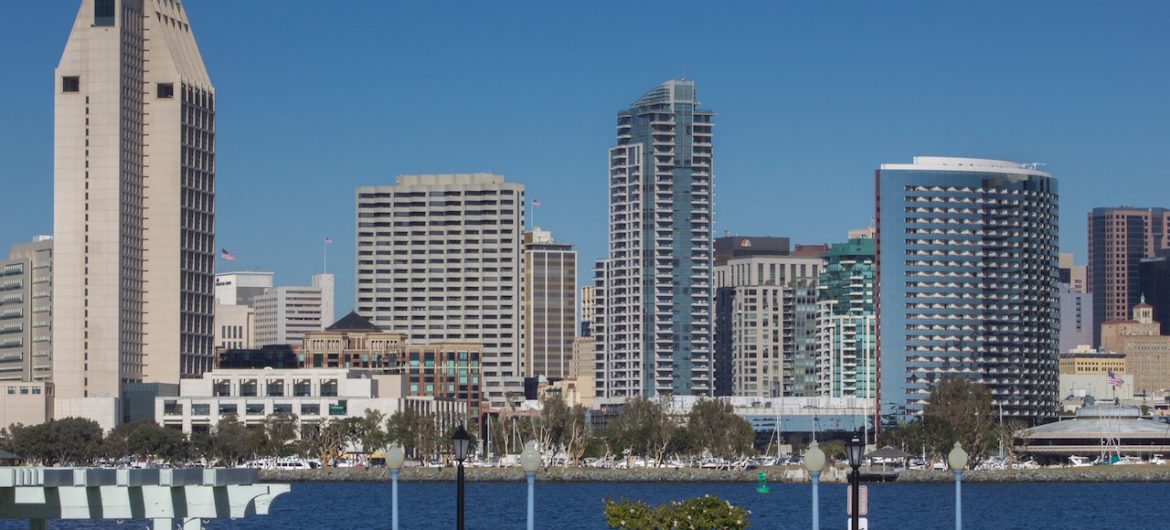Some low-rent hotel rooms, which have historically been used as long-term rentals by the low-income, throughout downtown San Diego have appeared on Airbnb, prompting the local housing commission to investigate the SRO listings, as reported by The San Diego Union-Tribune.
The probe was started when city officials began to worry that listing single room occupancy hotels on Airbnb could shrink the number of affordable units available in the neighborhood, driving up hotel prices, and cheating the city out of tax revenue.
The investigation, conducted by the San Diego Housing Commission, found no wrong-doing, however, either on the part of Airbnb or the owners of the single-room occupancy hotels (SROs) that placed the listings.
“Our first thought was there were maybe some bad actors here,” Housing Commission President and CEO Rick Gentry said. “We checked it out, and on the contrary, we found no evidence of bad faith at all.”
One of the hotels caught in the investigation, the Hawthorn Historic Inn, told members of the Housing Commission that the rooms being advertised on Airbnb were not being held back from long-term customers, but were just offered to help fill in occupancy gaps.
“Our building has 29 rooms, and we’ve turned five of them, for a lack of a better term, into Airbnb rooms,” Michelle Parker, who operates the hotel, said. “Their rents help subsidize the cost of the entire building.”
The Hillcrest Inn, another hotel that was investigated, also noted that Airbnb was only used when times were tight, and not as some kind of cheat or scam.
“Every once in a while, we have slow periods,” hotel operator Kevin Snead said. “We ventured into Airbnb to fill out the gaps.”
Dedicated SROs have been on the steep decline in recent years, with rising property costs, regulations and the gentrification of affiliated neighborhoods to blame, among other reasons. Take New York City, for instance. Between 1955 and 1995, the city went from having an estimated 200,000 SRO units to just 40,000, according to City Limits.
Many of the existing establishments, which used to cater to transient and low-income populations, now prefer business travelers and other customers that are looking to stay for several weeks or months at a time, as reported by NPR.
As such, many have been completely redesigned with these consumers in mind. They still feature communal bathrooms, but the living spaces have often been spruced up by property managers and the branding given a once over, going by terms like “micro-apartment” instead of SRO, as previously reported by New York Post.
Upstart companies have further muddied the distinction between SROs and long-term rentals. Locale, a boutique accommodations company, is leading this charge, buying up entire floors of a building’s inventory and turning them into short-term and extended rental units. Founder Nitesh Gandhi says his company is simply focused on providing a “higher quality experience,” with automated check-ins and 24/7 customer service, as reported by the National Apartment Association.
With the definition of SRO now opaque, cities like San Diego are scrambling to affix the model with a strict definition. Housing Commission President Rick Gentry has noted that the city is set to revise its policy on what constitutes an SRO, for the first time in 25 years, when the matter goes before City Council next year.





